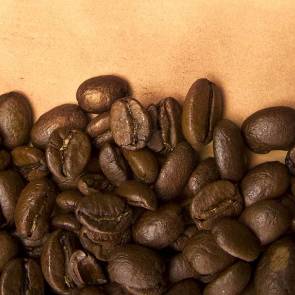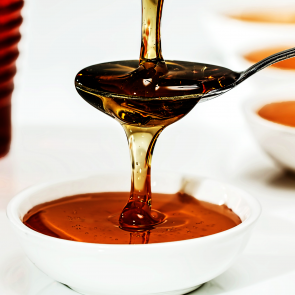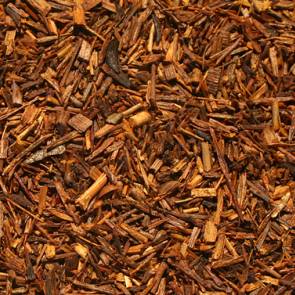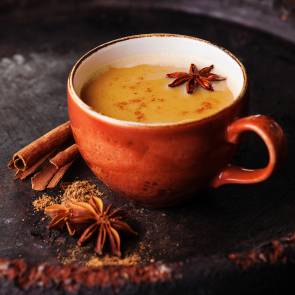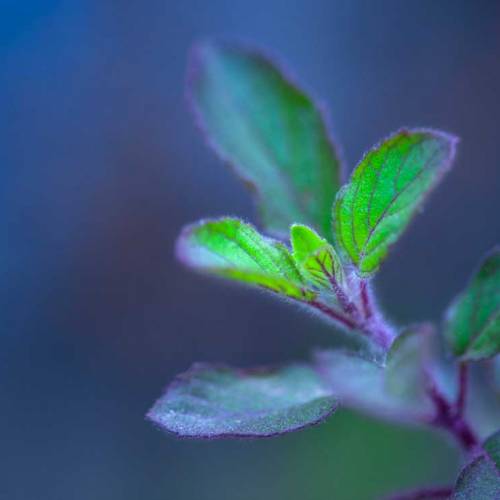
Tulsi, also known as “Holy Basil” “Queen of the Herbs” “Elixir of Life” dates back to literally thousands of years along with Hinduism and Ayurvedic medicine. This herb is revered in India as a sacred herb and is recognized for its spiritually uplifting and healing properties. This aromatic herb has many health promoting properties. Many of you have already learned a lot about Tulsi from our Health Blending Workshops led by Dr. Prakash, but here's a quick recap of what's she's taught us:
Health Benefits of Tulsi
- Adaptogen herb; helps build your resistance to stress, and helps to reduce the damaging effects that stress has on the body
- Lowers cortisol (our stress hormone)
- Improves energy
- Has an immediately calming effect that can reduce stress
- Promoting enhanced mental clarity & focus
- Improves immune system function
- Helps to reduce blood sugar levels, blood pressure & cholesterol
- High in antioxidants
- Supports healthy vision
- Boosts your respiratory system e.g. good for coughs & sinus congestion
- Aids digestion if taken after meals
- Restorative and balancing to the whole body
Tulsi makes a great morning and afternoon drink to replace our caffeine fix, while still providing you with an energy and mental boost.
Stories about Tulsi:
Epics: In the Bhagavat Gita and Mahabharata (ancient Indian holy epics and scriptures), it is described how Tulsi, a goddess and devotee of Lord Vishnu, was ultimately re-incarnated as the plant Tulsi. It is said that in order to express her devotion to her beloved Lord, she took this form as an herb, which would be offered in worship and service to Him.
Trade Routes: Tulsi made it into the ancient tea trade routes from the orient; when it reached Europe and they found out about its wonderful healing properties, the Christians started viewing it as the “God of the Herbs” and thought of it as a gift from Christ – that’s where it got its Latin binomial “Occimum Sanctum”.
Organic Movement: Cultivation of Tulsi in India was a huge part of India’s organic agricultural movement. Most of India’s agricultural landscape had been ravaged by large-scale conventional farming, with the exception of Tulsi farms, which preserved organic cultivation for the sacred crop. With the popularization of Tulsi for its health benefits, increasing cultivation had a large role in India moving back towards organic agriculture in general.
Where to get Tulsi
Shanti Tea is one of the very few Canadian suppliers of certified organic Tulsi tea.
Disclaimer: Please be aware that the information we are providing on this website is not medical advice. If you have any health issues which relate to this article or any other article or information posted on this website, please consult a qualified health care professional.




